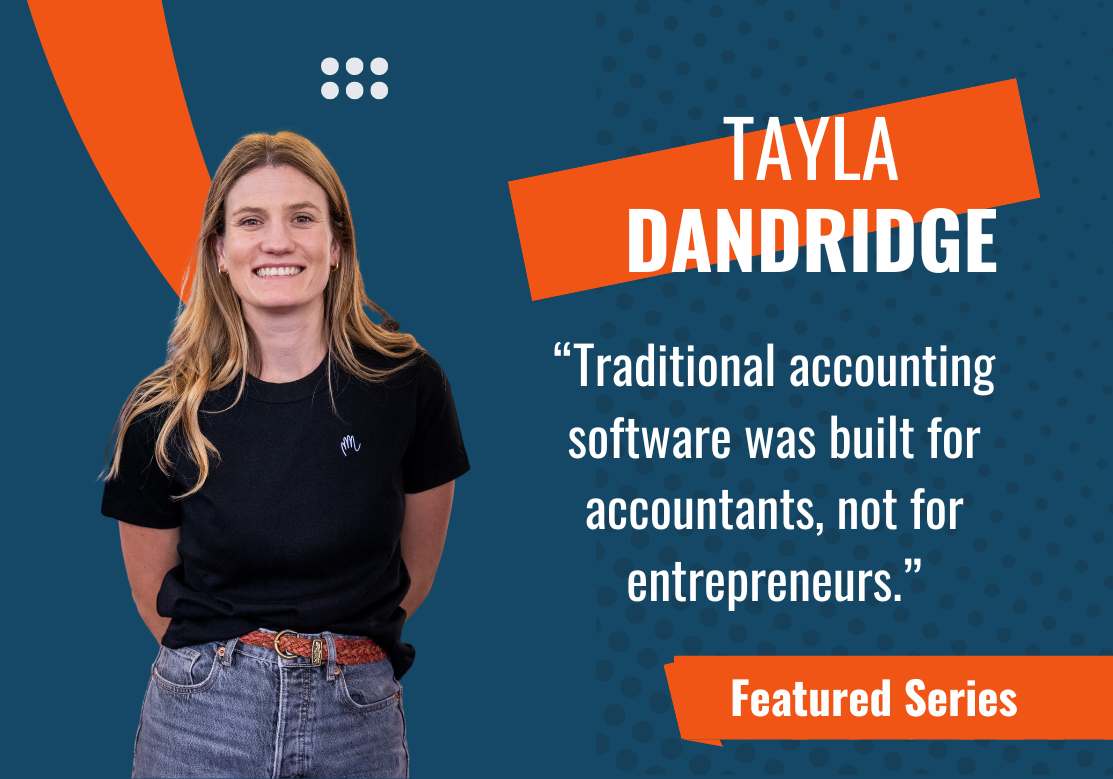
“AI is set to transform the industry with tailored customer interactions, advanced fraud detection tools, and predictive analysis that will significantly enhance decision-making processes,” says Harry Scherzer, co-founder and CEO at Future Forex. According to him, small and medium-sized enterprises (SMEs) can take advantage of AI-powered solutions to improve financial prediction accuracy and refine customer categorisation, all while streamlining their business operations. “One practical application for SMEs could involve using AI to automate duties, like handling invoices and pinpointing areas for cost reductions through thorough data examination.”
By leveraging fully automated processes, Scherzer believes companies, including his own, can minimise disruptions and inaccuracies. The result for Future Forex is making it easier than ever for South Africans to move money internationally.
Future Forex is a South African company that is an authorised FSP and Crypto Asset Service Provider. It was founded by Harry Scherzer and Josh Kotlowitz who aimed to make the forex industry more transparent. The company assists businesses with services such as opening foreign currency accounts and getting SARS and SARB clearance.
E-commerce and Going Cashless According to Future Forex
Scherzer shares that the latest financial trends will impact e-commerce in a few ways. “The new trends that are shaping the landscape, such as embedded finance and AI, are poised to revolutionise the e-commerce industry by providing smooth and hassle-free shopping experiences for customers.” He explains that the introduction of services like Buy Now and Pay Later (BNPL) as integrated payment methods within e-commerce websites, will enhance customer satisfaction and encourage brand loyalty. Furthermore, AI technology will facilitate marketing strategies and optimise inventory control processes, leading to improved operational efficiency and profitability for e-commerce businesses.
Businesses that still feel cash is king and that online transactions are something they have to avoid must make 2025 the year they change to digital tools to manage their transactions. “In 2025, it will be essential for businesses to incorporate tools to stay ahead in an evolving landscape. Digital transactions offer increased efficiency, cost savings and wider customer outreach. With a growing preference for cashless payment options among consumers, companies that embrace innovations will be well equipped to meet consumer needs and stimulate business expansion,” he concludes.
Cyber Security Brings Safety to Online Transactions
Based on the tech innovations helping improve cyber security globally, Scherzer highlights that SMEs can make an effort from their side to improve their safety with online transactions.
“SMEs should consider implementing high-level security measures, which include verification methods like fingerprints or facial recognition, two-factor authentication and strong encryption technologies to safeguard important information effectively,” he says. “Training employees on cybersecurity practices and leveraging AI-powered tools for detecting fraudulent activities can significantly bolster security measures within the organisation.” He also notes that some other choices are in entrepreneurs’ hands like forming the right partnerships with fintech companies. The right partnerships entail finding and working with companies that prioritise transparent and secure transactions, such as Future Forex. “It’s so vital,” he remarks.
“The integration of cutting-edge technology with complete transparency is transforming the international payments space, not only by enhancing the efficiency of transactions from a time and cost perspective but also by significantly improving user experience.
“Along with this, clear pricing models and excellent customer support from a team of professionals guarantee that our customers grasp all facets of their transactions without any concealed charges.






